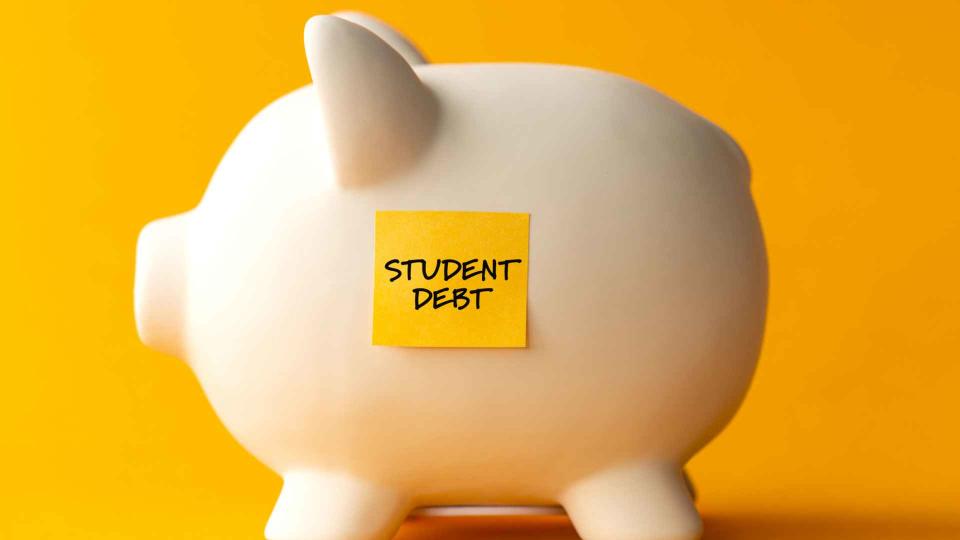How to Pay Off Student Debt and Started Building Wealth

Picture this: You’ve recently graduated college, started a new career and are interested in building wealth. The prospect is an exciting one. You’ve put in years of study and are ready for the next chapter in your life. The problem is, now you’re carrying thousands of dollars of student loan debt.
Check Out: I Earn Over $30K a Week in Semi-Passive Income on Amazon – Here’s How
Read Next: $10K or More in Debt? See If You Could Become Debt-Free (for Less Than You Owe)
Building wealth but starting with negative money can be rather discouraging.
According to Education and Career News, the average MBA student owes $45,000, while the typical medical student owes almost $200,000. It would seem impossible to purchase a new home or start a family with so much money owed hanging over your head.
Here are some suggestions for paying off your student loan and begin building wealth:
Wealthy people know the best money secrets. Learn how to copy them.
Refinance
Refinancing your loan is one of the best options, as it can allow you to pay off your debt sooner with lower monthly payments, according to Bankrate. To do this, you’ll need to pick the right lender, though, and whether you qualify for a good deal is also a factor.
If your credit score isn’t high enough, you can improve your credit by setting up automatic payments or becoming an authorized user on another person’s credit account.
If you’ve got other forms of debt, like credit card payments, you can pay those off first to boost your credit score. This would, in turn, allow you better options in terms of refinancing.
Invest
According to John Hancock, you might be in the right position to invest instead of paying off a chunk of your debt, because you earn more in return and ultimately pay off your loan faster. If you owe $20,000 and have a 3% interest rate over 10 years, you’d save $3,175 in interest by paying it off in full.
Conversely, with an average 6% rate of return, you’d earn $5,817 through investing. Whether it’s the right option to invest depends on the interest rate of your loan. They recommend anything below 6% as a threshold for deciding. If you have a high interest rate and haven’t already gone with refinancing, it would be a good idea to do so before investing.
Whatever you decide, pay on time to keep fees and additional interest from leaving you owing more than when you started.
More From GOBankingRates
This article originally appeared on GOBankingRates.com: How to Pay Off Student Debt and Started Building Wealth

 Yahoo Finance
Yahoo Finance 